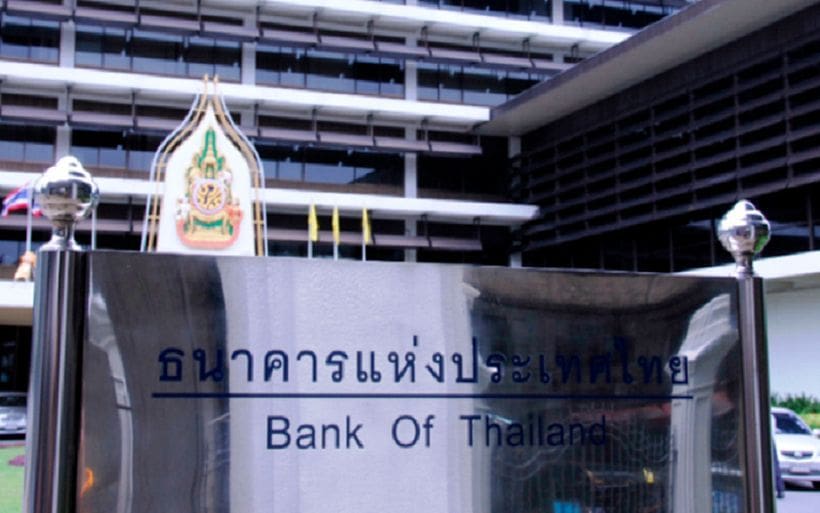
The Bank of Thailand has held its benchmark interest rate unchanged for the third consecutive meeting last week. This decision was expected in order to maintain a more flexible monetary policy and to cope with the risks affecting financial stability.
The Bank of Thailand, which, for the first time since 2011, raised its benchmark rate last December, voted unanimously to keep it at 1.75%, half a point above its historical low.
Most economists expected this decision, believing that the situation would remain unchanged for the rest of the year.
The Central Bank’s Monetary Policy Committee has indicated that Thailand’s economy will « expand at a slower pace » this year compared to its latest forecast (3.8%).
« Overall financial conditions remained accommodative and conductive to economic growth… there were risks to financial stability in the future that warranted continued monitoring. »
Kobsidthi Silpachai, head of capital market research at Kasikornbank, said after reading the central bank’s statement, that the authorities remain « anxious » about the level of household debt due to the persistently low level of interest rates.
Earlier, New Zealand’s central bank became the latest in the Asia-Pacific region to cut rates. Previously, India, Malaysia and the Philippines had also opted for a reduction in their key interest rates.







